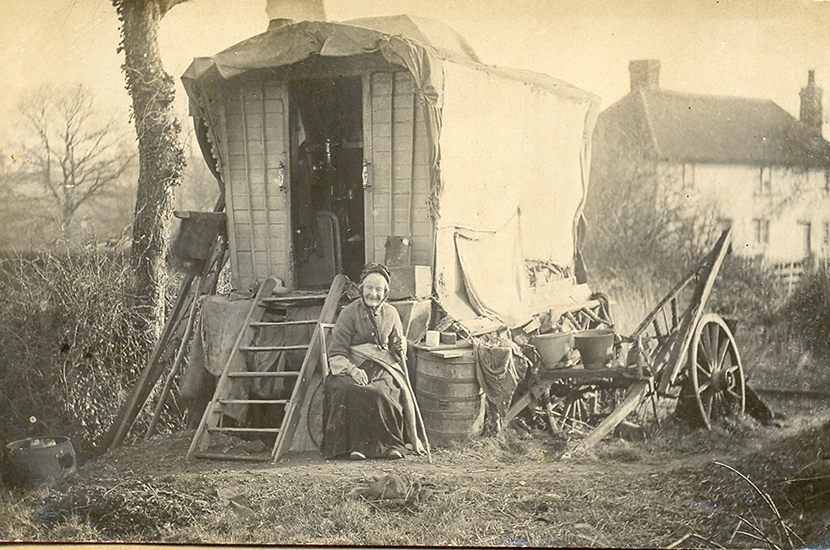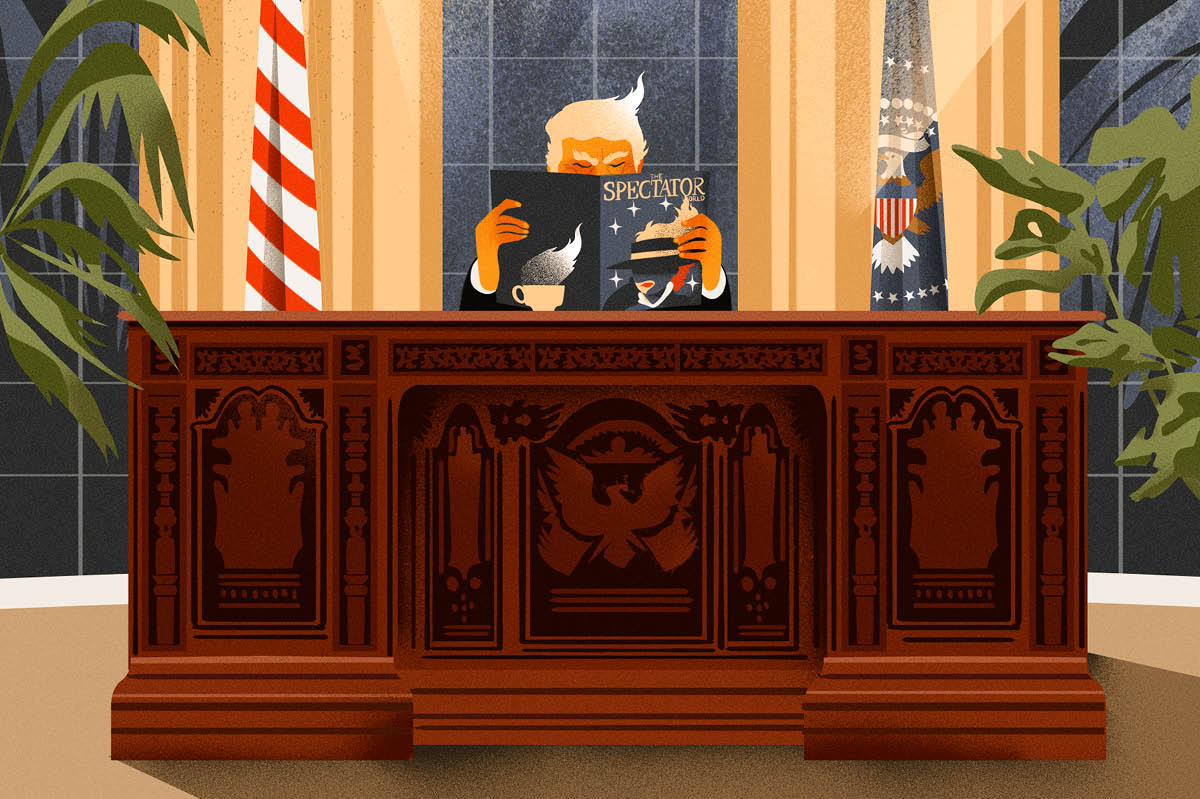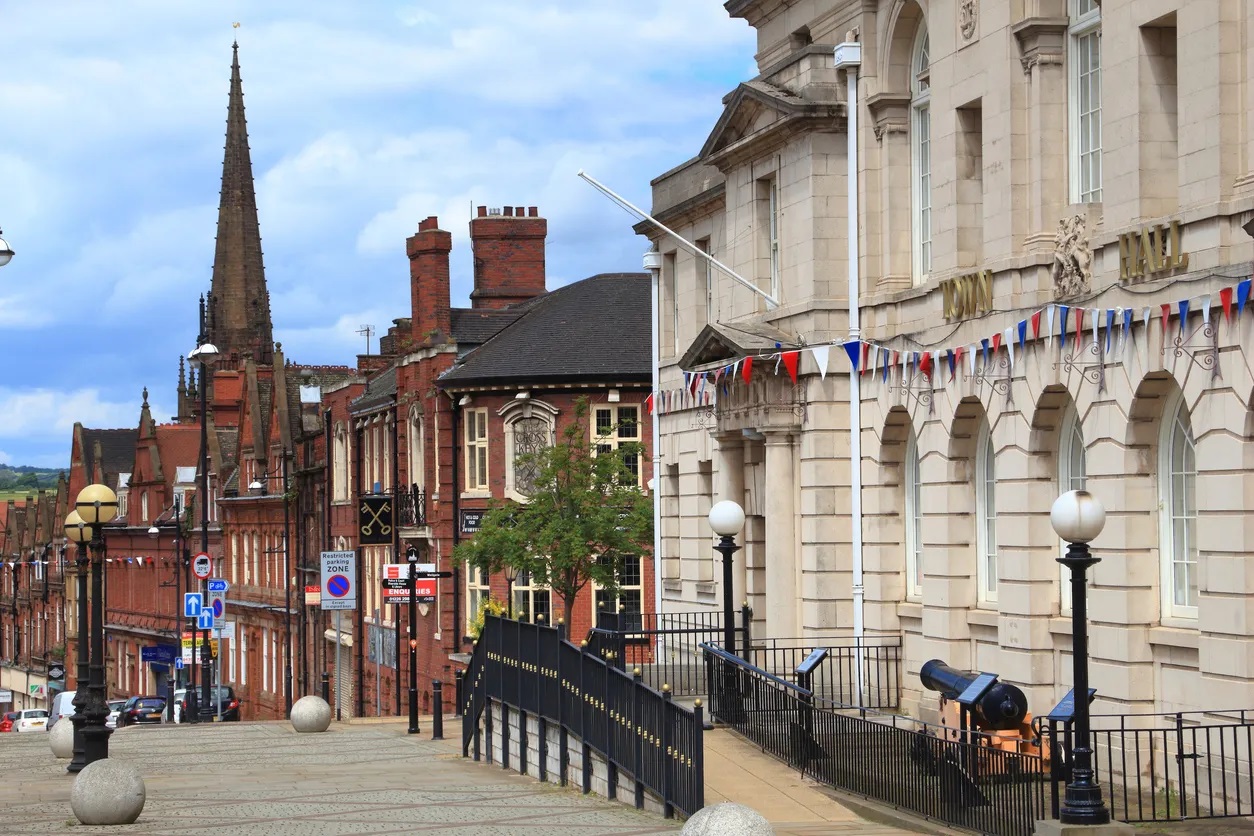Exciting news from my father’s cousin in Canada. ‘You asked about our grandfather, there is much to tell,’ he writes.
‘You may be surprised to know that George’s mother was a gypsy. So it seems that we have some gypsy blood coursing through our veins.’
As I read the email, which my father had forwarded to me, I shouted at the builder boyfriend: ‘I knew it! You’re not the only gypsy in this household!’
He was outside checking the oil in my car, and shouted back to say he didn’t know what I was on about this time. But when he came back in wiping the oil from his hands and read the email, he admitted that it was an amazing coincidence. His father’s mother was a French-born Romany gypsy and medium of some repute.
So we both have a bit of gypsy on our father’s side. And not only that, we are both a bit Italian on the other side. Both our mothers had Italian fathers, although while my mother’s father grew up on a mountainside in the Abruzzo, the builder b’s Italian grandfather lived in a huge house in Naples. He might sound like a geezer but it always amuses him to tease me that of the two of us, he is the one with the class and breeding.
I suppose he’s going to lord it over me about which of us has the best gypsy bloodlines now.
It seems that my great-grandfather George’s mother was from the fairground ‘Barkers’. Born in Lichfield (near Birmingham) in 1882, George worked as a ‘journeyman leather worker’ as a young man. There was an army barracks in Lichfield and he and a friend decided it would be a good idea to join up.
He was sent to the Western Front as part of the expeditionary force. Described by Kaiser Wilhelm as a ‘contemptible little army’, the title stuck and George and his fellow soldiers became known as the Old Contemptibles. ‘He had a badge that he proudly wore every day,’ explains my father’s cousin. The bad food and deprivation left him with incurable stomach ulcers for the rest of his life.
I am moved to learn all of this. I have an old black and white photo of my grandmother Dorothy in pigtails, sitting alongside her mother, who sadly died young, her sister Hetty, and next to them, standing straight-backed, is George Barker in his army uniform, looking away from the camera slightly. He must have been a sergeant because he has three chevrons on his arm. None of them are smiling overly much because that wasn’t the fashion for portraiture in those days. But George looks particularly somber. I wonder what he saw at Ypres.
To hear about his Romany roots makes it all the more moving. I have always felt defensive of gypsies, assuming my indignation is on behalf of the builder b’s ancestors. Every time the gypsies come to the village green and park their caravans, I get upset at how much the neighbors get their knickers in a twist.
It alarms me how the settled community mocks the travelling community. Isn’t the whole point of the tolerance and equality we like to boast of in our society that we extend it to all ways of life and cultures including the ones we don’t agree with, or understand much, for that matter?
The builder boyfriend doesn’t shout about his origins on his father’s mother’s side, or the fact that he spent years with his father on the road as a child, selling antiques rather than leather like my great-grandfather. But when people in the village make jokes about gypsies, I always feel like shouting at them to shut up. You’d drop litter if you were pushed to the margins of society. You’d be a bit rough around the edges if you were used to defending yourself as the last group of people society allows to be lumped together and have sweeping statements made about them.
Recently, there was a news story about gypsy boys being cruel to their horses by riding them into the Serpentine Pond in London’s Hyde Park. Some pink-haired leftie was screaming about animal rights, and that was the headline. I messaged one of the news organizations concerned, drawing its attention to two recent stories about people riding horses into water. One depicted a lady astride a horse in the sea off Cornwall, and the other showed the Household Cavalry swimming their horses on their summer break.
I received one word back: ‘Magnificent.’ I agreed and asked whether they might consider running an article showing why the gypsies were not ‘cruel’ for doing the same. ‘I hardly think it’s the same,’ came the reply. And I felt unaccountably furious. At least now I understand why.
This article was originally published in The Spectator’s August 2021 World edition.

























